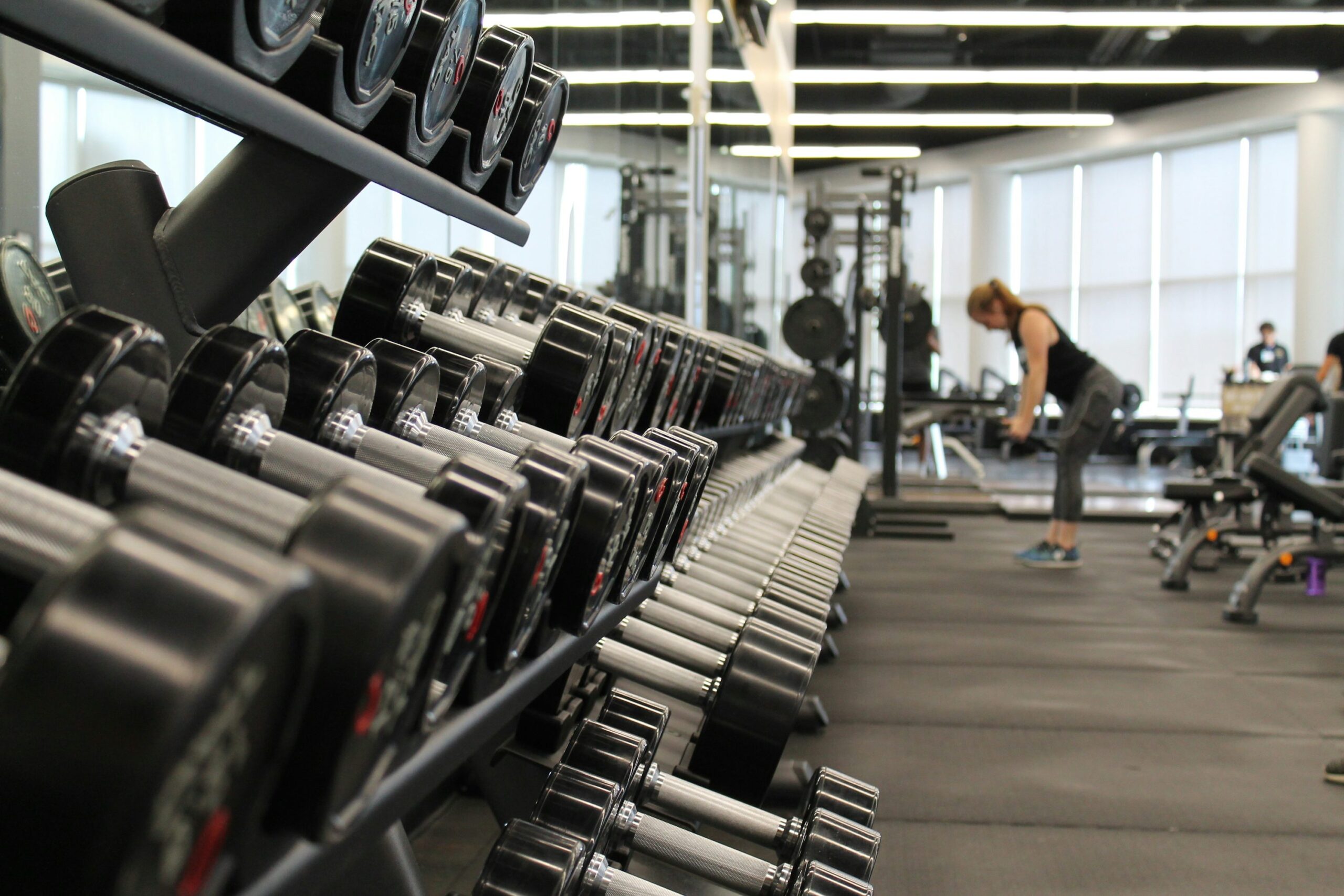One of the most common questions for anyone getting into—or back into—a routine is: How often should I hit the gym each week? The answer isn’t one-size-fits-all. It depends on your goals, lifestyle, and how your body responds to movement. Whether you’re aiming to build strength, move more regularly, or simply feel better day-to-day, finding the right number of gym days is about balance, not extremes.
Let’s walk through how many gym days might suit different types of routines and what factors you should consider to create a schedule that works for you.
🧭 First: Define Your Goal
Your ideal gym frequency depends a lot on what you’re trying to accomplish. Here’s a quick guide:
| Goal | Suggested Gym Days |
|---|---|
| General movement | 2–3 days/week |
| Building strength | 3–5 days/week |
| Improving stamina | 3–4 days/week |
| Muscle toning | 3–5 days/week |
| Just starting out | 2–3 days/week |
| Maintaining current level | 2–4 days/week |
💡 2–3 Days a Week: For Balance and Consistency
Perfect for:
- Beginners
- Busy schedules
- Maintenance mode
With 2–3 sessions, focus on full-body routines. You’ll keep muscles active and your energy up without feeling overcommitted. Pair it with light movement (walking, stretching, cycling) on off days to stay active without overwhelming your body.
💪 3–5 Days a Week: For Building Strength or Endurance
This is a sweet spot for many people. It allows:
- Muscle focus: You can break up muscle groups (upper/lower, push/pull, etc.)
- Recovery time: Alternate days for rest and activity
- Variety: Mix strength, cardio, and flexibility
Just remember: recovery is just as important as movement. Your body grows stronger when it rests and repairs between sessions.
🔁 5–6 Days a Week: For Advanced Goals or Training Cycles
If you’re working toward a specific event or milestone, you might visit the gym almost daily. This can work well as long as:
- You listen to your body
- You rotate intensity levels (not every day has to be tough)
- You schedule intentional rest
For example, one day might be a strength session, the next a light cardio workout, and another a stretch-focused recovery day.
🧘 Don’t Skip Rest Days
Regardless of your fitness level, rest is crucial. It helps:
- Muscles rebuild
- Prevent injury
- Reduce fatigue
- Keep your motivation fresh
If you’re restless on rest days, try gentle walks, yoga-inspired stretches, or foam rolling instead of full gym workouts.
🔄 Listen to Your Body
The number of days at the gym should support your life, not drain it. Ask yourself:
- Am I recovering well between sessions?
- Do I feel stronger and more energized over time?
- Am I sleeping and eating well enough to support my workouts?
If the answers are yes, you’re likely on the right track.
🧾 Bottom Line
There’s no magic number of days you must go to the gym. It’s about quality, not just quantity. Here’s a recap:
- New to the gym? Start with 2–3 days per week.
- Want to build or tone muscle? Aim for 3–5.
- Training with intensity? 5–6 can work—with careful rest planning.
- Feeling worn out or overwhelmed? It’s okay to scale back.
💬 How many days do you want to go to the gym each week—and what’s one small way you can build that into your routine?
